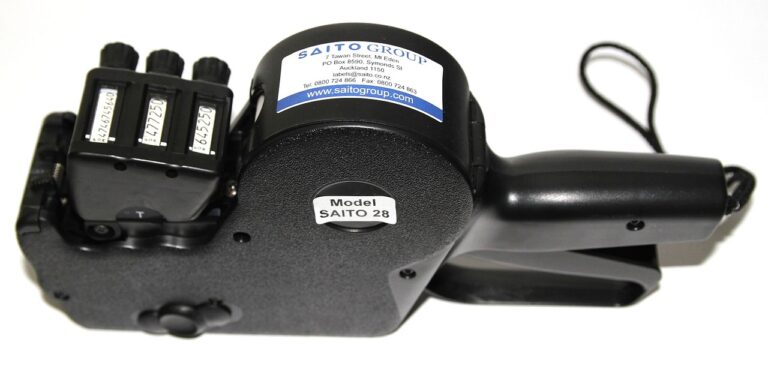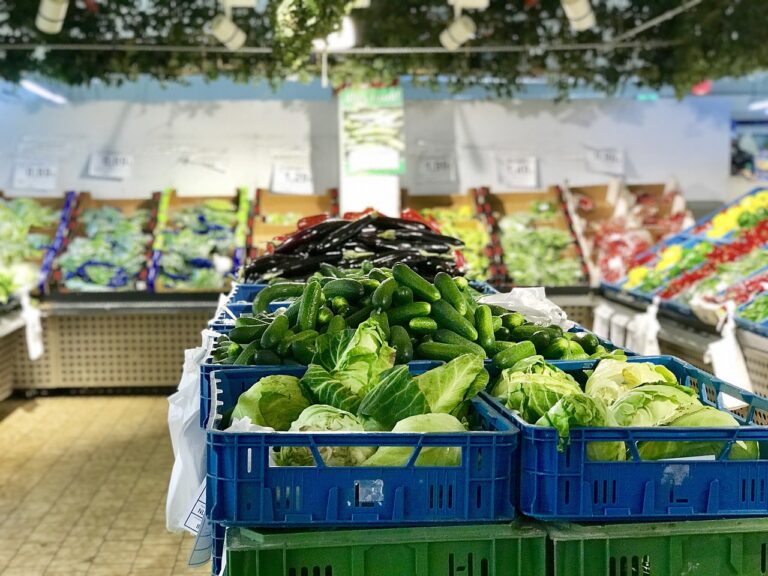Stationery for Book Journalists: Notebooks, Pens, and Recording Devices
sky247login, 11xplay, playexch 99: Book journalists play a vital role in the literary world, providing insights, reviews, and critiques that help readers navigate through the vast landscape of books. As they delve into a variety of genres and authors, book journalists rely on stationery tools to capture their thoughts, ideas, and observations. In this article, we’ll explore the essential stationery items for book journalists – notebooks, pens, and recording devices.
Notebooks: The Backbone of Book Journalism
Notebooks are the trusted companions of book journalists, where they jot down their thoughts, excerpts, and analyses. A good notebook should be durable, portable, and easy to use. Consider notebooks with high-quality paper that can withstand different types of pens and markers. Additionally, choose notebooks with a size that fits your preferences – whether it’s pocket-sized for on-the-go note-taking or larger for in-depth reviews.
Pens: The Writing Instruments of Choice
Pens are essential tools for book journalists, as they rely on them to bring their thoughts to paper. When selecting pens, consider factors such as ink quality, comfort, and durability. Gel pens are a popular choice for their smooth writing experience, while ballpoint pens are known for their reliability. Experiment with different types of pens to find the ones that suit your writing style and preferences.
Recording Devices: Capturing Insights on the Go
Recording devices can be valuable tools for book journalists, especially when interviewing authors or attending literary events. Nowadays, smartphones come equipped with high-quality audio recording features that can capture conversations, readings, and discussions. Make sure to test your recording device beforehand to ensure clear and crisp sound quality.
Organization: Keeping Your Notes in Order
Staying organized is key for book journalists, as they juggle multiple books, reviews, and deadlines. Consider using color-coding techniques or sticky tabs to categorize your notes and observations. Create a system that works for you, whether it’s organizing notes by genre, author, or publication date. This will help you easily access and reference your notes when writing reviews or articles.
Digital Tools: Enhancing Your Workflow
In addition to traditional stationery items, consider incorporating digital tools into your workflow. Apps like Evernote, OneNote, or Scrivener can help you organize your notes, research materials, and drafts in a digital format. These tools offer features such as cloud storage, search capabilities, and collaboration options that can streamline your book journalism process.
FAQs:
Q: Can I use a regular notebook for book journalism?
A: Yes, you can use a regular notebook for book journalism, but consider investing in a notebook with high-quality paper and durability to ensure your notes last longer.
Q: What type of pen is best for writing book reviews?
A: The best type of pen for writing book reviews depends on your preferences. Experiment with gel pens, ballpoint pens, or fountain pens to find the one that suits your writing style.
Q: How can I stay organized when covering multiple books at once?
A: Stay organized by creating a system that works for you, whether it’s color-coding notes, using sticky tabs, or organizing notes digitally. Find a method that helps you easily access and reference your notes.
In conclusion, stationery items like notebooks, pens, and recording devices are essential tools for book journalists. By selecting the right stationery items and incorporating digital tools into your workflow, you can enhance your book journalism process and bring insightful reviews and critiques to your readers. Happy writing!






